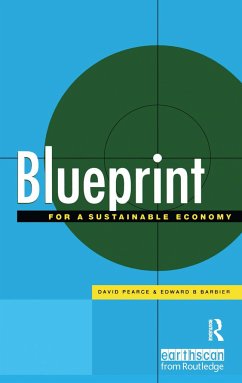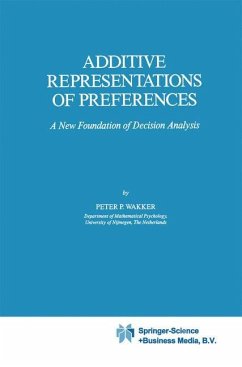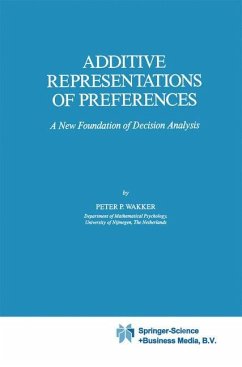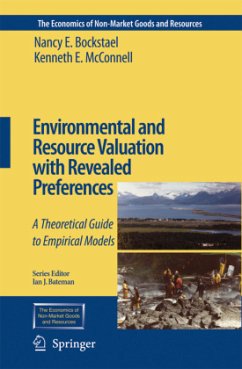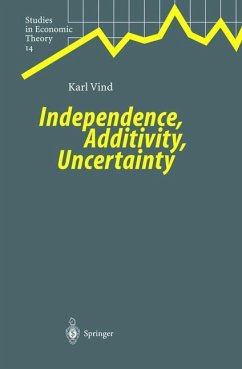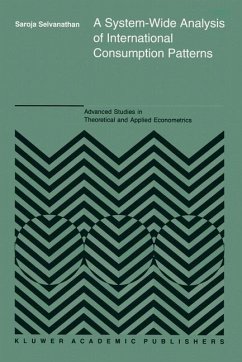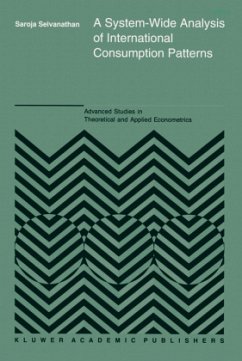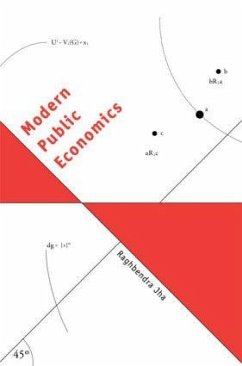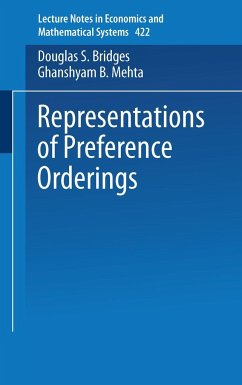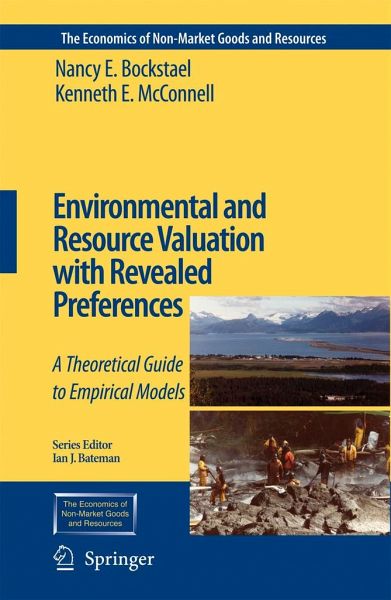
Environmental and Resource Valuation with Revealed Preferences
A Theoretical Guide to Empirical Models
Versandkostenfrei!
Versandfertig in 6-10 Tagen
113,99 €
inkl. MwSt.
Weitere Ausgaben:

PAYBACK Punkte
57 °P sammeln!
Environmental and Resource Valuation with Revealed Preferences: A Theoretical Guide to Empirical Models provides a systematic review of those economic approaches for valuing the environment and natural resources that use information on what people do, not what they say. The authors have worked on models of revealed preferences for valuing environmental and natural resources for several decades and authored some of the seminal papers in the field. The book is a natural outcome of their conceptual contributions and their many years of experience in empirical policy research, natural resource dam...
Environmental and Resource Valuation with Revealed Preferences: A Theoretical Guide to Empirical Models provides a systematic review of those economic approaches for valuing the environment and natural resources that use information on what people do, not what they say. The authors have worked on models of revealed preferences for valuing environmental and natural resources for several decades and authored some of the seminal papers in the field. The book is a natural outcome of their conceptual contributions and their many years of experience in empirical policy research, natural resource damage litigation and teaching on the topic.
The chief purpose of Environmental and Resource Valuation with Revealed Preferences is to collect in one place current thought on the various revealed preference approaches to environmental valuation and to subject these approaches to consistent theoretical critique.
The chief purpose of Environmental and Resource Valuation with Revealed Preferences is to collect in one place current thought on the various revealed preference approaches to environmental valuation and to subject these approaches to consistent theoretical critique.





